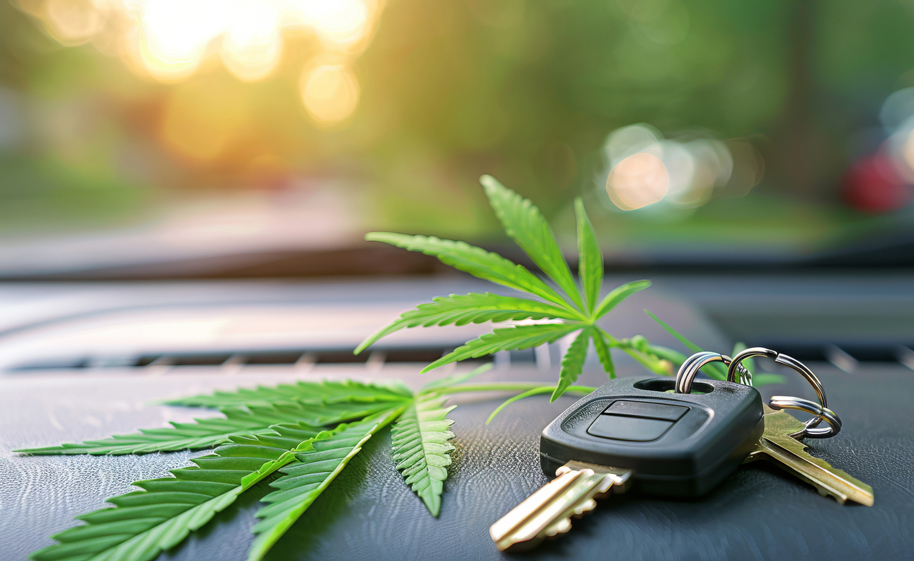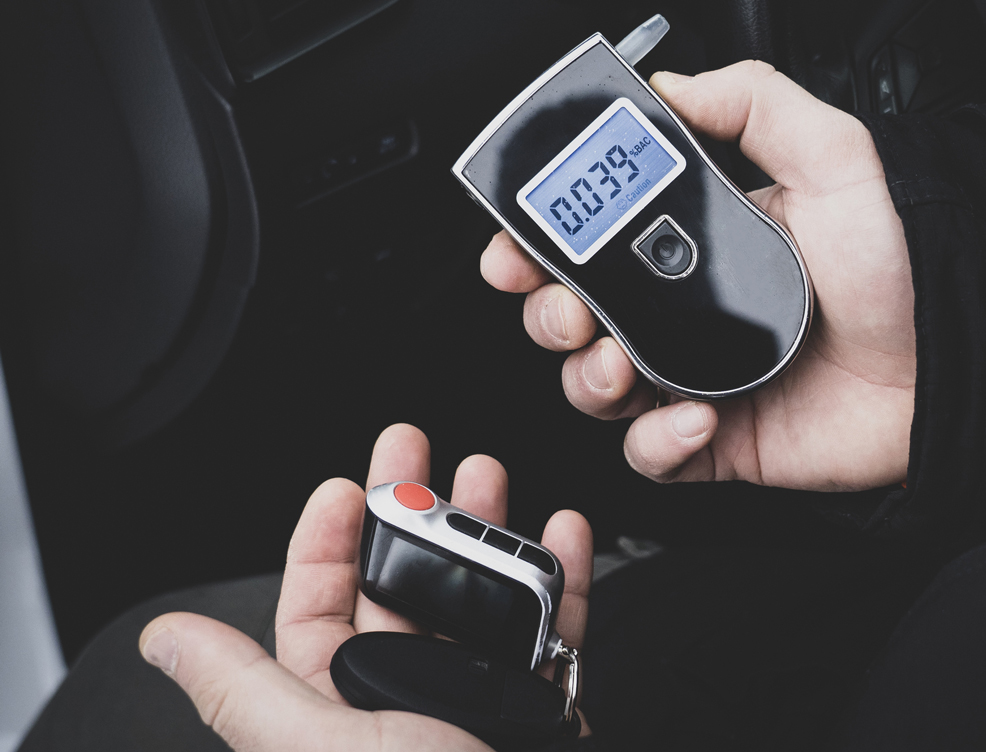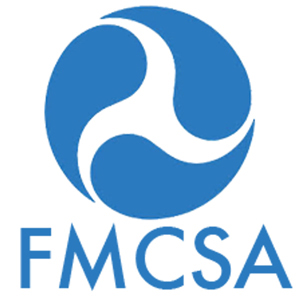BY TOM HOLDEN
Editor’s note: If you’d like to read more about marijuana testing policies, check out our article in March 2024 issue.
As the legalization of marijuana continues to spread across the United States, many companies are faced with the challenge of updating their drug and alcohol policies to reflect the changing legal landscape. While the legalization of marijuana may seem like a straightforward issue, the truth is that many complex legal and practical considerations must be considered when revising company policies.
 One of the primary reasons why companies may need to re-write their drug and alcohol policies in states where marijuana is legal is to ensure compliance with both state and local laws. While marijuana remains illegal under federal law, a growing number of states have legalized its use for medical and recreational purposes. This means that employers in these states may be required to accommodate employees who use marijuana for medical purposes or who use marijuana recreationally in compliance with state law.
One of the primary reasons why companies may need to re-write their drug and alcohol policies in states where marijuana is legal is to ensure compliance with both state and local laws. While marijuana remains illegal under federal law, a growing number of states have legalized its use for medical and recreational purposes. This means that employers in these states may be required to accommodate employees who use marijuana for medical purposes or who use marijuana recreationally in compliance with state law.
Another critical consideration when re-writing drug and alcohol policies in states where marijuana is legal is the potential impact on employee safety and productivity. While marijuana may be legal under state law, it can still impair an employee’s ability to perform their job safely and effectively. Employers may need to consider how to balance the rights of employees who use marijuana with their obligation to maintain a safe and productive workplace.
In addition to legal and safety considerations, companies may also need to revise their drug and alcohol policies to reflect changing attitudes toward marijuana use. As more states legalize marijuana, it is becoming increasingly accepted as a legitimate form of recreation and medication. This means that companies may need to reconsider their policies around drug testing and disciplinary action for employees who use marijuana to remain competitive in the job market and attract top talent.
Ultimately, the decision to re-write a company’s drug and alcohol policy in states where marijuana is legal will depend on various factors, including the company’s size, industry, and location. However, it is clear that the legalization of marijuana is a significant shift in the legal and cultural landscape, and companies that fail to adapt their policies may find themselves at a disadvantage in the years to come. By proactively revising drug and alcohol policies, companies can ensure they remain compliant with state and federal laws while maintaining a safe and productive workplace for their employees.
 As of June 2024, the legal landscape for marijuana varies across different states in the United States:
As of June 2024, the legal landscape for marijuana varies across different states in the United States:
Recreational Marijuana:
❱ In 24 states, recreational marijuana is legal, which constitutes nearly half the country. These states include:
Alaska, Arizona, California, Colorado, Connecticut, Delaware, Illinois, Maine, Maryland, Massachusetts, Michigan, Minnesota, Missouri, Montana, Nevada, New Jersey, New Mexico, New York, Ohio, Oregon, Rhode Island, Vermont, Virginia, and Washington. Additionally, it is legal in Washington, D.C.
❱ Recreational use, where legal, is limited to adults 21 years and older.
Medical Marijuana:
❱ Medicinal marijuana is legal in 13 states. Interestingly, it is also legal in all the states where recreational use of weed is permitted.
❱ In Hawaii, Louisiana, Mississippi, New Hampshire, and North Dakota,marijuana is allowed for medical use. Furthermore, it’s decriminalized for other uses, meaning that possessing a certain amount of weed would not lead to prosecution.
❱ In Alabama, Arkansas, Florida, Oklahoma, Pennsylvania, South Dakota, Utah, and West Virginia, marijuana is allowed for medical use, but it’s not decriminalized for non-medical purposes. People can still be prosecuted for possessing non-medical marijuana.
States With Decriminalization:
❱ In some states, marijuana is decriminalized, which means that while it remains illegal, individuals won’t face prosecution for possessing small amounts. Here’s the breakdown:
↹ Nebraska and North Carolina: Marijuana is illegal but decriminalized.
↹ Georgia, Indiana, Iowa, Kentucky, Tennessee, Texas, and Wisconsin: Weed is illegal, but cannabidiol (CBD) products are allowed.
↹ Idaho, Kansas, South Carolina, and Wyoming: Marijuana and all cannabis products are illegal, and weed is not decriminalized.
It’s worth noting that this list is fluid, as laws regarding marijuana legalization are constantly evolving. Additionally, marijuana remains illegal under federal law regardless of state laws and while there have been moves to classify it as a less dangerous drug, it is still a controlled substance federally.
 The Federal Motor Carrier Safety Administration (FMCSA) regulates the safety of commercial motor vehicles in the US. As such, the FMCSA has established rules governing the use of marijuana by commercial drivers.
The Federal Motor Carrier Safety Administration (FMCSA) regulates the safety of commercial motor vehicles in the US. As such, the FMCSA has established rules governing the use of marijuana by commercial drivers.
Under FMCSA rules, commercial drivers are prohibited from using marijuana while on duty, including before or during driving a commercial vehicle. Additionally, employers are required to test commercial drivers for drug use as part of pre-employment screening and randomly throughout their employment.
It’s important to note that while some states have legalized marijuana, it remains illegal under federal law. This means that even if a commercial driver is operating in a state where marijuana is legal, they are still subject to FMCSA regulations and can be disqualified from operating a commercial vehicle if they test positive for marijuana use.
The FMCSA has established a threshold for marijuana use, and drivers with a concentration of THC (the active ingredient in marijuana) of 0.3 nanograms per milliliter or higher in their system are considered to be under the influence of the drug. This threshold is based on scientific research and is intended to ensure drivers are not impaired while operating a commercial vehicle.
In addition to testing requirements, FMCSA regulations also require employers to have a drug and alcohol testing program in place. This program must include policies and procedures for identifying and addressing drug and alcohol use and providing support for employees who may be struggling with addiction.
Overall, the FMCSA’s rules on marijuana use are designed to ensure the safety of commercial drivers and other road users. By prohibiting marijuana use while on duty and establishing testing requirements, the FMCSA is working to reduce the risk of accidents and protect the public.
The FMCSA has established rules regarding commercial drivers’ use of CBD oil and edibles. CBD is a compound found in marijuana and hemp plants that has gained popularity in recent years for its potential health benefits.
Under the agency’s rules, commercial drivers are prohibited from using any product containing THC, which is the psychoactive ingredient in marijuana that produces a “high.” However, the rules do not specifically address CBD oil or edibles, which may contain trace amounts of THC.
The FMCSA has stated that commercial drivers should be cautious when using CBD products, as they may contain THC levels that could result in a positive drug test. The agency recommends that drivers only use CBD products that have been tested and verified to contain less than 0.3 percent THC, which is the legal limit for hemp-derived CBD products.
Additionally, the FMCSA warns drivers that some CBD products may not accurately list their THC content on the label, so it’s essential to purchase products from reputable manufacturers and to check the product’s lab test results. Overall, commercial drivers should exercise caution when using CBD oil or edibles, as the products may contain THC and could result in a positive drug test. It’s crucial to follow FMCSA rules and only use CBD products that have been verified to contain low levels of THC. Drivers with questions or concerns about CBD products should consult their employer or a qualified medical professional. [CD0724]
Thomas Holden is the owner of Transportation Advisors / EZ-DrugTest. He can be reached at tom@theadvisors.org.

